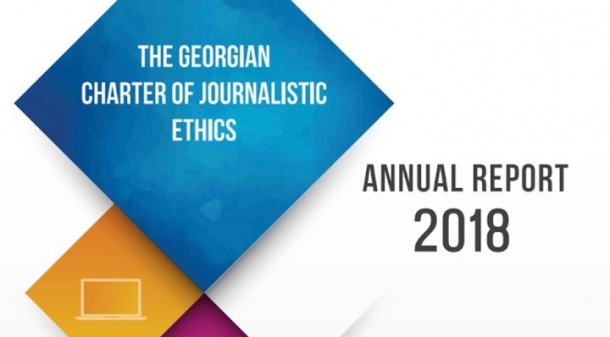In the era of algorithms and technologies, the main challenge of
media is a social network. If during the years, information was
accessible for only journalists and without them it would not have
been delivered to the audience, now the user is often the source of
information for media. Quick dissemination of the news is not a
priority for media. The main difference of media from people who
have large following in these networks, is that media has
responsibility. A citizen will not restrict himself in what to say
and how to say it, but a journalist is obligated to follow ethical
standards, verify the information and don’t share unchecked news,
don’t violate others privacy without argumentation, etc. These
principles are there to gain the trust of the audience. The
audience has to have a belief and expectation, that in difference
to social networks, information shared by media is trustworthy.
Therefore, the main goal of media is to gain trust of audience.
Responsible journalism is becoming more and more important, when
fake news, propaganda and Post-truth period are rampant and it is
harder to differentiate between the truths and lies. This
environment makes self-regulating organization an institution,
which makes audience able to be certain, whether the ethical
standards were violated or not. This is a mechanism for citizens to
influence and engage in media professionalism development and
media, to develop its own professional standards, strengthen
responsibility and increase the trust of the audience.
Georgian Charter of Journalistic Ethics aims to fulfill this goal.
Its activities, programs, public statements are dedicated to
improve media environment and professional standards. This was the
goal in 2018 too. Charter tried to discuss public criticism against
journalists in self-regulating environment. The work done in pre
election period is worth of special mention. Several cases about
the ongoing events were discussed in restricted time. A campaign
head of one of the presidential candidates, as well as governmental
representatives were among applicants to Charter. This proves that
the discussions about media work shifts more and more in
self-regulating sphere.
The aim of the Charter is to explain the meaning of self-regulation
to as many journalists as possible, because if we don’t have
self-regulation, the government will try to regulate media itself.
Other than that, Charter tries to create resources to increase
professionalism. The work done in 2018 was dedicated to achieving
these goals.
Full version see here



